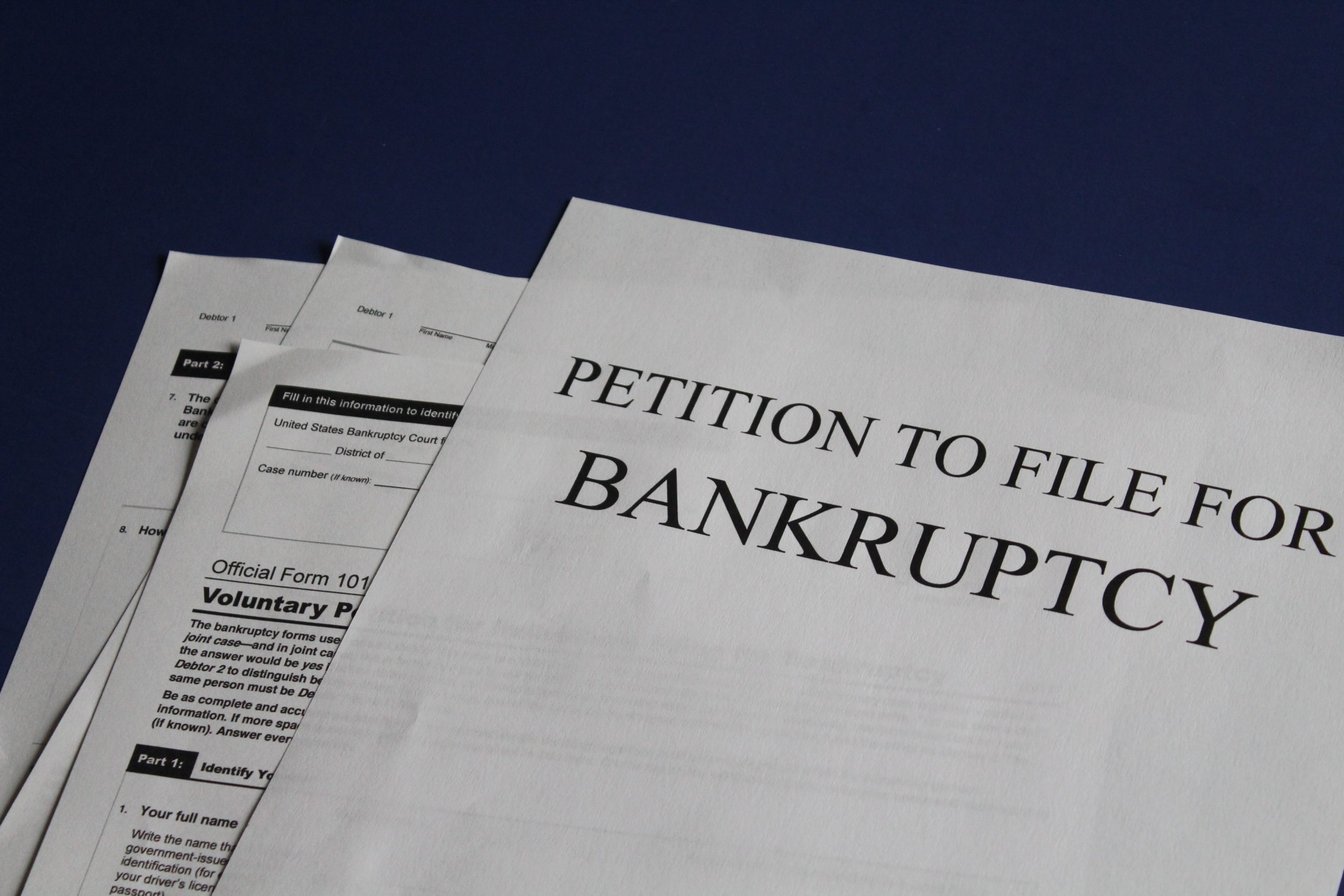How Bankruptcy Affects Alimony Payments in Pennsylvania
Needless to say, filing for bankruptcy throws a pretty major wrench into the petitioner’s financial affairs. Payment plans are drafted, creditors are contacted, the automatic stay goes into effect, and certain debts are obliterated altogether. But what about spousal support obligations? Here’s how bankruptcy affects alimony payments.

What is Alimony?
Alimony, sometimes referred to as “spousal support,” is a term for payments made to an ex-spouse following the dissolution of a marriage. Alimony payments are sometimes designed by a prenuptial agreement (commonly called a “prenup”) which is made prior to a marriage taking place. In Pennsylvania, there is no automatic entitlement to alimony. Rather, alimony must either be negotiated, or ordered by the courts.
Alimony: A Nondischargeable Form of Debt
Bankruptcy is a powerful tool — arguably the most powerful tool — when it comes to eliminating, or discharging, debts. Depending on whether the bankruptcy is Chapter 7 or Chapter 13, many debts can be completely eliminated. Utility bills and medical bills, for example, are generally eligible for partial or total elimination. However, there are certain kinds of debts which are “nondischargeable,” meaning they cannot be washed away. Debts which fall into this category typically include student loans, many kinds of taxes, child support… and alimony.
On the Discharge in Bankruptcy page of the United States Courts, a few very straightforward lines stand out: “The most common types of nondischargeable debts are… debts for spousal or child support or alimony.” This perhaps comes as disheartening news for petitioners hoping to gain financial freedom from alimony responsibilities via bankruptcy. Is there anything you can do?

When Alimony is Dischargeable in Bankruptcy
Section 523 of the U.S. Bankruptcy Code states that debtors cannot be released from paying domestic support obligations through bankruptcy. However, although alimony payments are usually ruled non-dischargeable under federal bankruptcy law, there are two situations which are exceptions to the rule.
1. Third Party Involvement
Alimony payments may dischargeable if a third party becomes involved in the alimony arrangements. For example, one ex-spouse may sign over the duty of alimony collection to a parent or other relative (e.g. ex-husband pays ex-wife’s mother, the mother then gives money to ex-wife). In that case, those alimony debts may become eligible for elimination.
2. Incorrect Alimony Classification
When a couple divorces, one of the most important documents of the divorce is something called a divorce decree. The divorce decree will discuss the major broad topics typically associated with divorce, such as child custody and division of property. This decree will also cover the subject of alimony — perhaps incorrectly.
For example, let’s say a divorce decree mandates that an ex-spouse make payments to a company affiliated with the other ex-spouse. While these payments are referred to as “alimony,” they have little to do with actual domestic support, and therefore, despite their (misleading) formal name, may be dischargeable.
Pennsylvania Bankruptcy Attorneys Offering Free Consultations
Filing for bankruptcy can be a daunting process, especially when elements like divorce and spousal support payments are thrown into the mix. If you are struggling with alimony and filing for bankruptcy, contact the law offices of Young, Marr, Mallis & Associates to arrange a consultation and discuss your options. You can also call us at (609) 755-3115 in New Jersey or (215) 701-6519 in Pennsylvania.






























